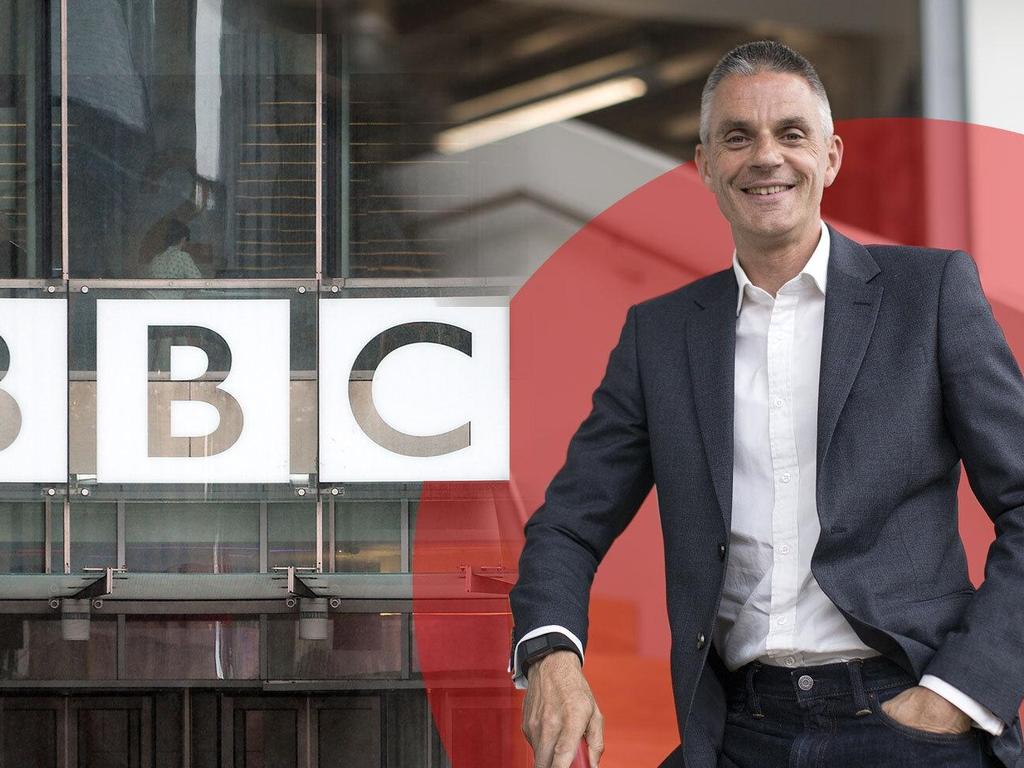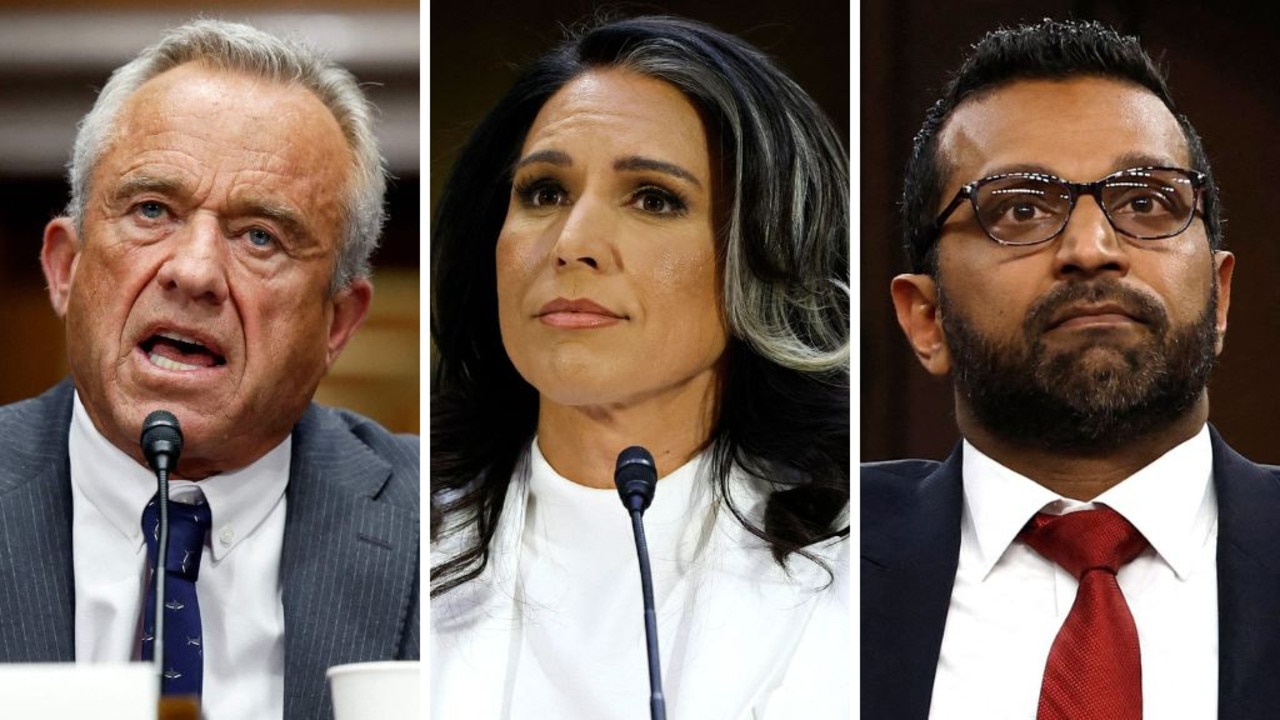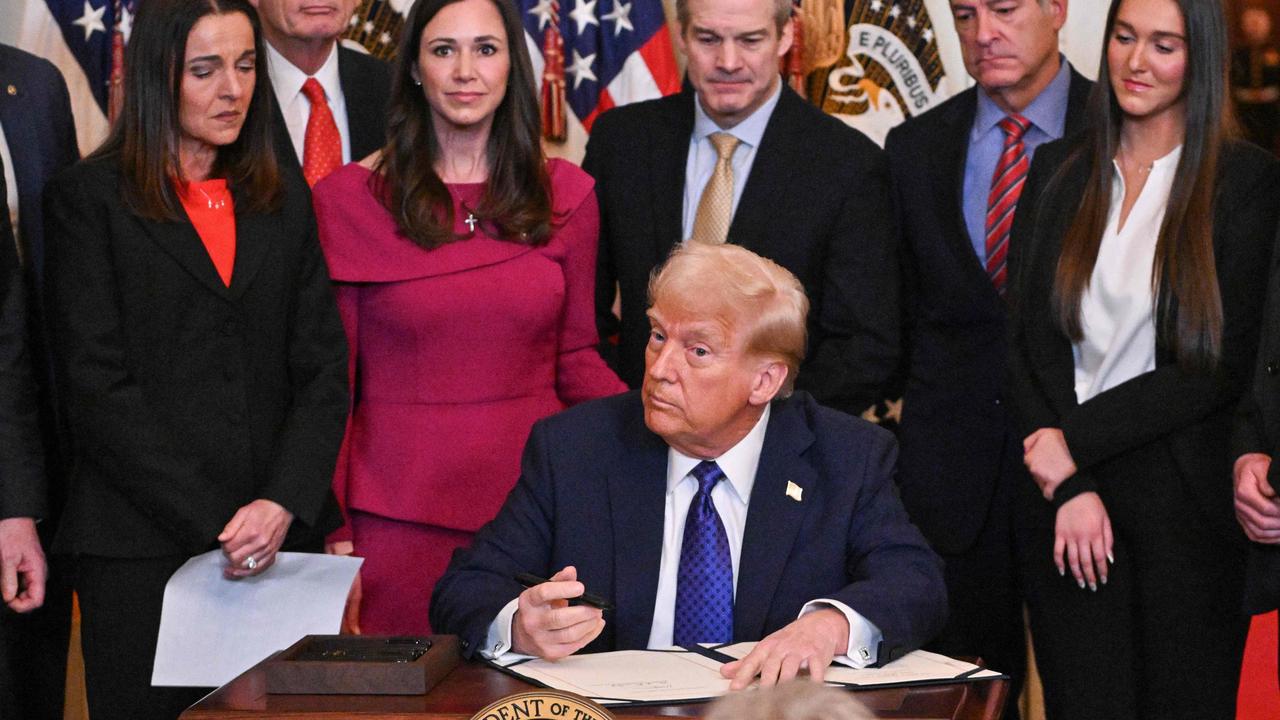Britain’s Colin Kaepernick moment: BBC sparks its own culture war crisis
Suspension of sports broadcaster Gary Lineker for political tweet brings a divided response.
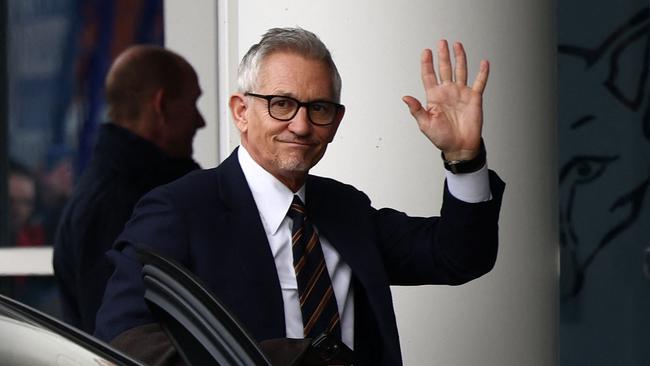
The BBC now finds itself caught in a drama of its own making: By suspending a top sports broadcaster over tweeting about politics, it has inadvertently forced itself into the centre of a US-style culture war.
On Sunday, the state-funded broadcaster for the second day had to limit the availability of its sports programming after dozens of staff and leading sports announcers walked off in protest at the suspension of retired footballer Gary Lineker, one of England’s most popular sports figures and the BBC’s highest-paid broadcaster.
The outspoken 62-year-old former England soccer star was suspended on Friday, days after tweeting his criticism of a new government program to deny asylum to anyone arriving illegally in the UK on small boats across the English Channel, saying it was inhumane. It wasn’t the first time Lineker’s tweets had drawn concern within the BBC.
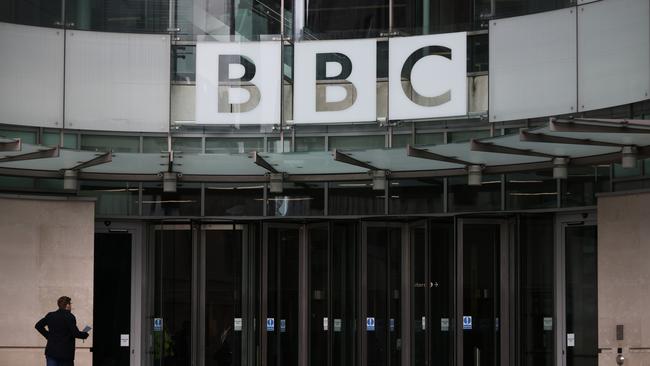
In some ways, the drama is the UK equivalent to the Colin Kaepernick scandal in the US, the moment when increasing political polarisation began to dominate other areas of life such as sports and the arts. The former San Francisco 49rs quarterback created controversy by protesting racial inequality and police brutality by taking a knee during the national anthem, leading to a debate about whether pro athletes should mix sports and politics so publicly.
Other public figures, such as Nobel Prize-winning novelist Kazuo Ishiguro, actor Dawn French, Liverpool football coach Jürgen Klopp, and DJ Fatboy Slim came out in support of Lineker over the weekend, saying he had a right to free speech. Some conservatives, however, applauded the move and urged the broadcaster to fire Lineker outright.
The TV and news outlet suspended Lineker, who compared some of the government’s rhetoric on migrants to Nazi Germany, after a wave of criticism from leading government figures, including a letter from 36 Conservative party members of parliament. That has led to accusations that the publicly funded broadcaster, whose director is appointed by the prime minister, folded to government pressure, risking its editorial independence.
Unlike the US, where the TV landscape is highly polarised and viewers often get different sides of the same story, the BBC still largely sets the television news agenda nationally. It is widely seen as one of the most critical institutions in modern Britain, responsible for having shaped everything from culture to the British accent. It is also praised as a key bulwark in helping the UK largely avoid the kinds of large-scale culture wars, sometimes fuelled by misinformation, that have beset the US.
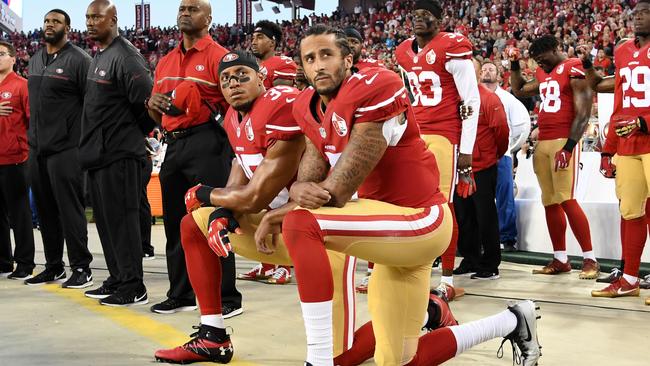
Striving for impartiality has become more difficult in an age of polarisation, however, and the broadcaster has been increasingly criticised by politicians of all stripes in recent years for perceived bias. The British public’s trust in the BBC has fallen by 20 points in the past five years, from 75 per cent in 2018 to 55 per cent last year, according to a survey by Reuters.
The criticism on the latest fracas was divided sharply along political lines with conservatives generally criticised Lineker, saying there are too many liberal voices at the broadcaster, and liberals largely backed him, saying he expressed his views on his own Twitter account and didn’t mention them on his program, a hugely popular roundup of the day’s biggest soccer games called Match of the Day.
“That BBC independence really does matter for the country,” said UK Chancellor of the Exchequer Jeremy Hunt.
He added that it was vital that trust in the BBC wasn’t eroded and that it was up to the broadcaster to fix this issue. Prime Minister Rishi Sunak said his government wouldn’t get involved and that it was a matter between the BBC and Lineker.
BBC director general Tim Davie defended his decision on Saturday by saying the broadcaster has to strive for impartiality and can’t allow its journalists to take sides on political issues of the day.
The Wall Street Journal




